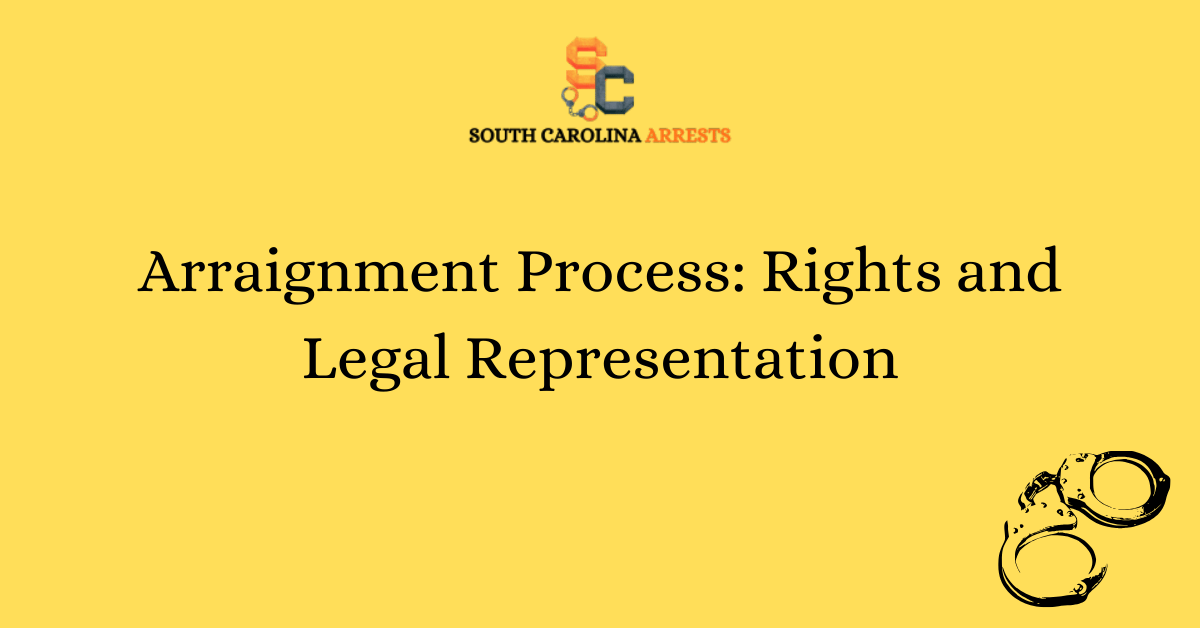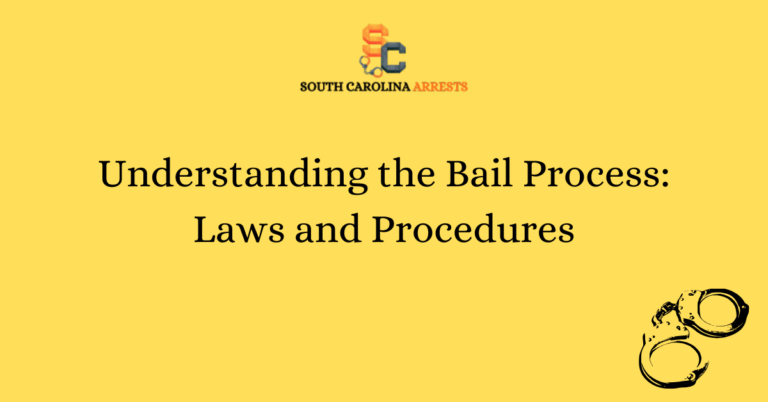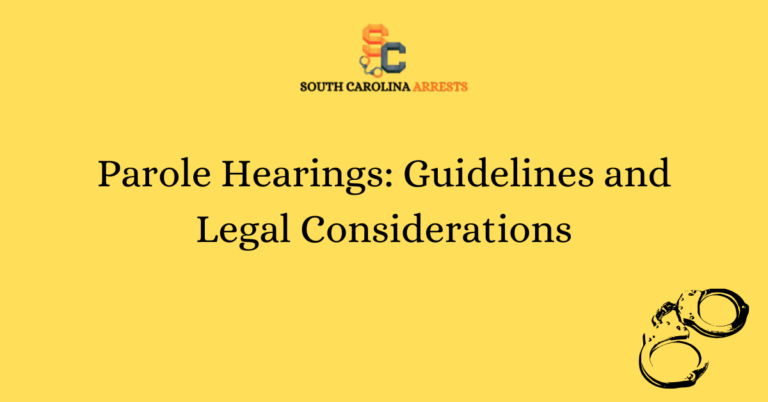Arraignment Process: Rights and Legal Representation
The arraignment process is a crucial stage in the legal system, where individuals are informed of their rights and provided with legal representation. It serves as a fundamental step in ensuring fair treatment and due process for all involved parties.
During arraignment, individuals have the opportunity to understand the charges brought against them and the right to legal counsel. This process plays a vital role in upholding the principles of justice and ensuring that individuals are able to navigate the legal system with clarity and support.
The Importance of Arraignment Process
The arraignment process is a crucial stage in the legal system that sets the foundation for a fair and just legal proceeding. It serves as the initial step where the defendant is informed of the charges brought against them and their rights in the legal process.
Understanding Rights and Legal Representation
During arraignment, the defendant is informed of their legal rights, including the right to legal representation. This is essential to ensure that the defendant has access to proper legal counsel and can adequately defend themselves against the charges.
Providing Clarity on Charges and Legal Counsel
Arraignment provides clarity on the charges filed against the defendant and allows them to understand the nature of the accusations. Additionally, it offers the opportunity for the defendant to seek legal counsel to navigate the legal complexities of the case.
Ensuring Fair Treatment and Due Process
One of the primary purposes of arraignment is to ensure that the defendant receives fair treatment and due process under the law. This includes the right to a speedy trial, the presumption of innocence, and the right to present a defense.
Upholding Principles of Justice in the Legal System
Arraignment plays a crucial role in upholding the principles of justice in the legal system. It ensures that all parties involved in the legal proceeding are treated fairly and that the rights of the defendant are protected throughout the process.
Navigating Legal System with Support and Guidance
For many individuals, navigating the legal system can be overwhelming and confusing. Arraignment provides the defendant with the necessary support and guidance to understand the legal process and make informed decisions regarding their case.
Crucial Stage for All Involved Parties
Arraignment is a crucial stage for all parties involved in the legal proceeding, including the defendant, the prosecution, and the court. It sets the tone for the rest of the legal process and ensures that the case proceeds in a fair and efficient manner.
Role of Arraignment in Legal Proceedings
The role of arraignment in legal proceedings is to establish the formal charges against the defendant and to inform them of their rights in the legal process. It sets the stage for the next steps in the legal proceeding, including plea negotiations and trial preparation.
Fundamental Step for Ensuring Legal Rights
Overall, arraignment is a fundamental step in the legal process that ensures the legal rights of the defendant are protected. It provides the necessary foundation for a fair and just legal proceeding and sets the stage for a thorough examination of the case.
Frequently Asked Questions
Learn more about the Arraignment Process: Rights and Legal Representation through our comprehensive FAQ section. We aim to provide detailed explanations to commonly searched queries on Google, ensuring clarity and readability for all users.
What is the arraignment process?
The arraignment process is the first court appearance where the defendant is informed of the charges against them and asked to enter a plea. It is a crucial step in the legal process that sets the tone for the rest of the case.
Do I have the right to an attorney during arraignment?
Yes, you have the right to an attorney during the arraignment process. If you cannot afford an attorney, one will be appointed to represent you. It is essential to have legal representation to ensure your rights are protected.
Can I plead guilty or not guilty at arraignment?
Yes, at arraignment, you have the opportunity to plead guilty, not guilty, or no contest. It is important to consider your plea carefully with the guidance of your attorney to make an informed decision.
What happens if I plead not guilty?
If you plead not guilty at arraignment, the case will proceed to trial. Your attorney will prepare a defense, gather evidence, and present your case in court. It is crucial to have legal representation to navigate the trial process effectively.
What are my rights during the arraignment process?
During the arraignment, you have the right to remain silent, the right to an attorney, the right to know the charges against you, and the right to a fair trial. It is important to exercise your rights and seek legal representation to protect your interests.
How can legal representation benefit me during arraignment?
Legal representation during arraignment can benefit you by ensuring your rights are protected, providing guidance on the legal process, negotiating on your behalf, and presenting a strong defense in court. Having an attorney by your side can make a significant difference in the outcome of your case.







